The notion that government should automatically give everyone money – a policy known as “universal basic income” – is now getting a lot of attention.
From an economic perspective, I acknowledge that the idea should not be summarily rejected. Here’s some of what I wrote earlier this year.
…there actually is a reasonable argument that the current welfare state is so dysfunctional that it would be better to simply give everyone a check instead.
But I’m nonetheless very skeptical. Simply stated, the math doesn’t work, people would have less incentive to work, and there would be “public choice” pressures to expand the size of the checks.
So when the topic came up as part of a recent interview, I criticized the proposal and praised Swiss voters for rejecting – by an overwhelming margin – a referendum that would have created a basic income in that nation.
My reaction was probably even more hostile than normal because I don’t like it when guilt-ridden rich people try to atone for their wealth by giving away my money.
Moreover, it’s silly for Zuckerberg to use Alaska as an example because of its oil wealth and small population.
That being said, if I had more time, I would have been more nuanced and pointed out that we hopefully will learn more from some of the experiments that are happening around the world. Especially what’s happening on the other side of the north pole from Alaska.
The New York Times published an in-depth preview of Finland’s experiment late last year. Here’s a description of the problem that Finnish policymakers want to solve.
…this city has…thousands of skilled engineers in need of work. Many were laid off by Nokia… While entrepreneurs are eager to put these people to work, the rules of Finland’s generous social safety net effectively discourage this. Jobless people generally cannot earn additional income while collecting unemployment benefits or they risk losing that assistance. For laid-off workers from Nokia, simply collecting a guaranteed unemployment check often presents a better financial proposition than taking a leap with a start-up.
For anyone who has studied the impact of redistribution programs on incentives to work, this hardly comes as a surprise.
Indeed, the story has both data and anecdotes to illustrate how the Finnish welfare state is subsidizing idleness.
In the five years after suffering a job loss, a Finnish family of four that is eligible for housing assistance receives average benefits equal to 73 percent of previous wages, according to data from the Organization for Economic Cooperation and Development. That is nearly triple the level in the United States. …the social safety net…appears to be impeding the reinvigoration of the economy by discouraging unemployed people from working part time. …Mr. Saloranta has his eyes on a former Nokia employee who is masterly at developing prototypes. He only needs him part time. He could pay 2,000 euros a month (about $2,090). Yet this potential hire is bringing home more than that via his unemployment benefits. “It’s more profitable for him to just wait at home for some ideal job,” Mr. Saloranta complains.
So the Finnish government wants to see if a basic income can solve this problem.
…the Finnish government is exploring how to change that calculus, initiating an experiment in a form of social welfare: universal basic income. Early next year, the government plans to randomly select roughly 2,000 unemployed people — from white-collar coders to blue-collar construction workers. It will give them benefits automatically, absent bureaucratic hassle and minus penalties for amassing extra income. The government is eager to see what happens next. Will more people pursue jobs or start businesses? How many will stop working and squander their money on vodka? Will those liberated from the time-sucking entanglements of the unemployment system use their freedom to gain education, setting themselves up for promising new careers? …The answers — to be determined over a two-year trial — could shape social welfare policy far beyond Nordic terrain.
The results from this experiment will help answer some big questions.
…basic income confronts fundamental disagreements about human reality. If people are released from fears that — absent work — they risk finding themselves sleeping outdoors, will they devolve into freeloaders? “Some people think basic income will solve every problem under the sun, and some people think it’s from the hand of Satan and will destroy our work ethic,” says Olli Kangas, who oversees research at Kela, a Finnish government agency that administers many social welfare programs. “I’m hoping we can create some knowledge on this issue.” …Finland’s concerns are pragmatic. The government has no interest in freeing wage earners to write poetry. It is eager to generate more jobs.
As I noted above, this New York Times report was from late last year. It was a preview of Finland’s experiment.
People have been getting checks for several months. Are there any preliminary indications of the impact?
Well, the good news is that recipients apparently like getting free money. Here are some excerpts from a report by Business Insider.
…some of the 2,000 recipients are already reporting lower levels of stress. The $600 they receive each month might not be much, but it’s enough to put some people’s anxiety at ease.
But the bad news is that the handouts are giving people the flexibility to reject work.
Marjukka Turunen, head of Kela’s legal benefits unit, told Kera News. “There was this one woman who said: ‘I was afraid every time the phone would ring, that unemployment services are calling to offer me a job,'”… Scott Santens, a basic income advocate and writer…says basic income redistributes power into the middle-class — namely, to turn down unappealing jobs.
The last sentence of the excerpt is particularly worrisome. Some advocates think universal handouts are good precisely because people can work less.
It’s obviously too early to draw sweeping conclusions, especially based on a couple of anecdotes.
However, a recent column in the New York Times by two left-leaning Finns suggests that the data will not be favorable to universal handouts. The authors start with a basic explanation of the issue.
Universal basic income is generating considerable interest these days, from Bernie Sanders, who says he is “absolutely sympathetic” to the idea, to Mark Zuckerberg, Facebook’s chief executive, and other tech billionaires. The basic idea behind it is that handing out unconditional cash to all citizens, employed or not, would help reduce poverty and inequality… As a rich country in the European Union, with one of the highest rates of social spending in the world, Finland seemed like an ideal testing ground for a state-of-the-art social welfare experiment. …Kela, the national social-insurance institute, randomly selected 2,000 Finns between 25 and 58 years of age who were already getting some form of unemployment benefits. The subsidies were offered to people who had been unemployed for about one year or more, or who had less than six months of work experience.
But then they denigrate the study.
…the Finnish trial was poorly designed… The trial size was cut to one-fifth of what had originally been proposed, and is now too small to be scientifically viable. Instead of giving free money to everyone, the experiment is handing out, in effect, a form of unconditional unemployment benefits. In other words, there is nothing universal about this version of universal basic income. …The government has made no secret of the fact that its universal basic income experiment isn’t about liberating the poor or fighting inequality. Instead, the trial’s “primary goal” is “promoting employment,” the government explained in a 2016 document proposing the project to Parliament. Meaning: The project was always meant to incentivize people to accept low-paying and low-productivity jobs.
Maybe I’m reading between the lines, but it sounds like they are worried that the results ultimately will show that a basic income discourages labor supply.
Which reinforces my concerns about the entire concept.
Yes, the current system is bad for both poor people and taxpayers. But why would anyone think that we’ll get better results if we give generous handouts to everyone?
 We already know that unemployment benefits discourage people from working.
We already know that unemployment benefits discourage people from working.- We already know that food stamps discourage people from working.
- We already know that Obamacare discourages people from working.
- We already know that disability payments discourage people from working.
So if we replace all those handouts with one big universal handout, is there any reason to expect that somehow people will be more likely to find jobs and contribute to the economy?
Again, we need to wait another year or two before we have comprehensive data from Finland. But I’m skeptical that we’ll get a favorable outcome.
P.S. The Wizard-of-Id parody shown above contains a lot of insight about labor supply and incentives. As does this Chuck Asay cartoon and this Robert Gorrell cartoon.
P.P.S. Since I rarely write about Finland, I should point out that it is ranked #20 for economic liberty, only four spots behind the United States (and the country is more pro-market than America when looking at non-fiscal policy factors).
P.P.P.S. On the minus side, Finland has decided that broadband access is somehow a human right. On the plus side, the country’s central bank produces good research on the burden of government spending, and its former president understood the essential flaw of Keynesian economics.

















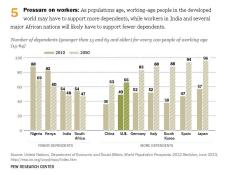












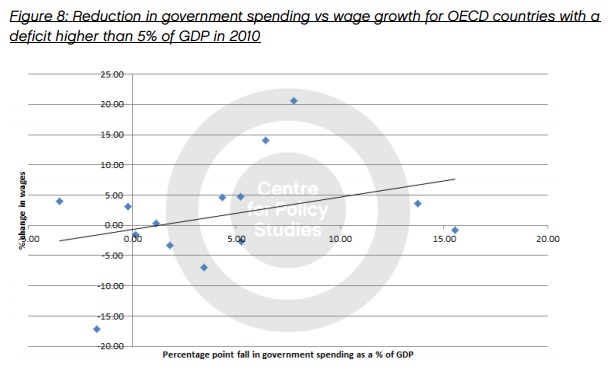
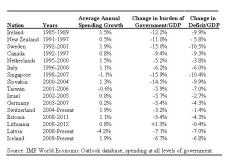


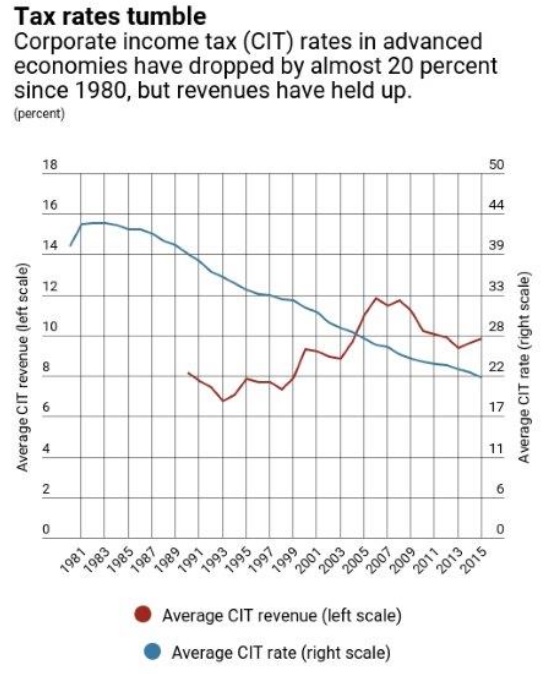
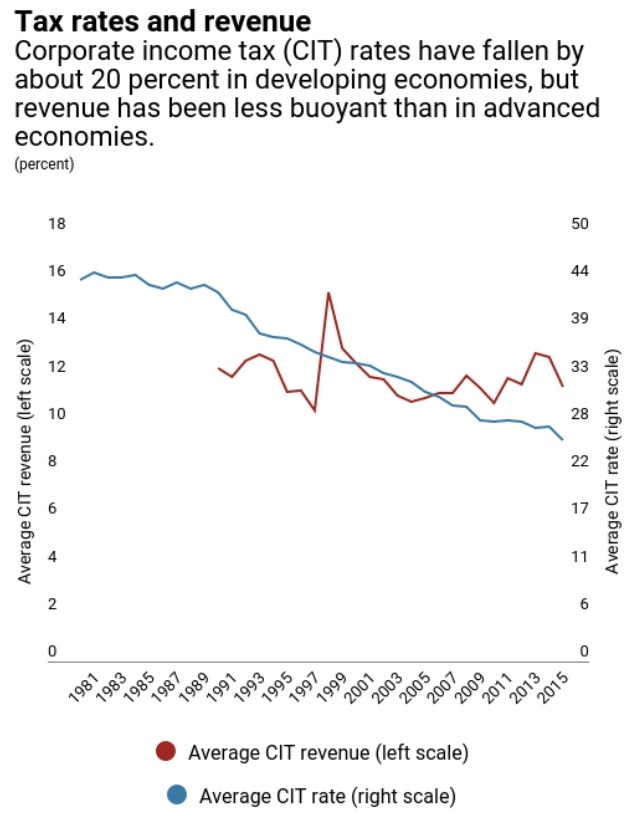





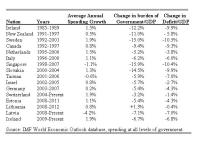











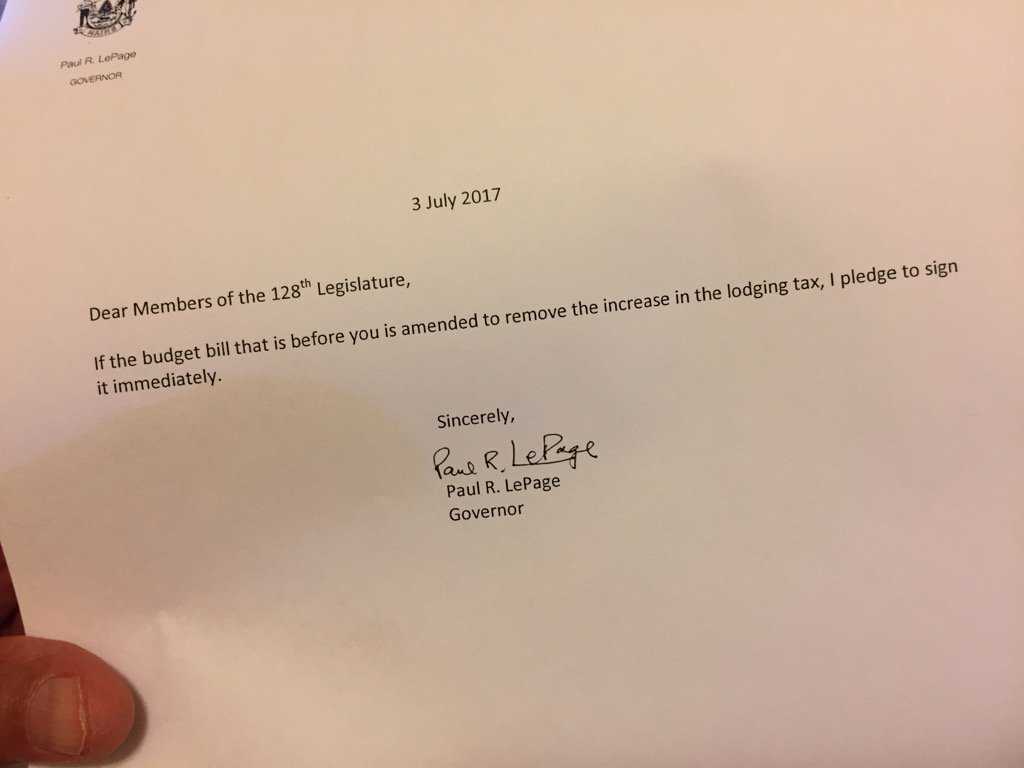




 Villagers aren’t entitled to compensation if their kin die in the reserve. There has been a string of recent fatal tiger attacks on the elderly, with seven deaths reported in the proximity of the Mala forest range alone since February 16. …Locals, however, say family elders were willing participants in the whole affair. “They think that since they can’t get resources from the forest, this is the only way their families can escape poverty,” farmer Jarnail Singh, 60, told TOI.
Villagers aren’t entitled to compensation if their kin die in the reserve. There has been a string of recent fatal tiger attacks on the elderly, with seven deaths reported in the proximity of the Mala forest range alone since February 16. …Locals, however, say family elders were willing participants in the whole affair. “They think that since they can’t get resources from the forest, this is the only way their families can escape poverty,” farmer Jarnail Singh, 60, told TOI.



